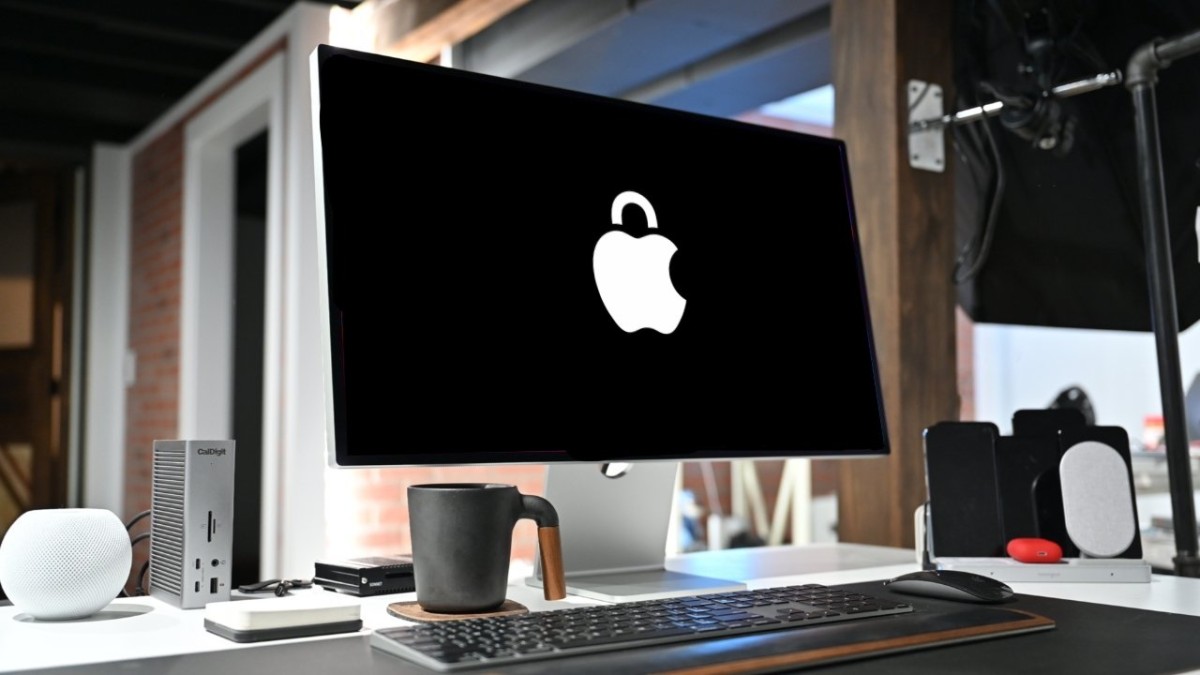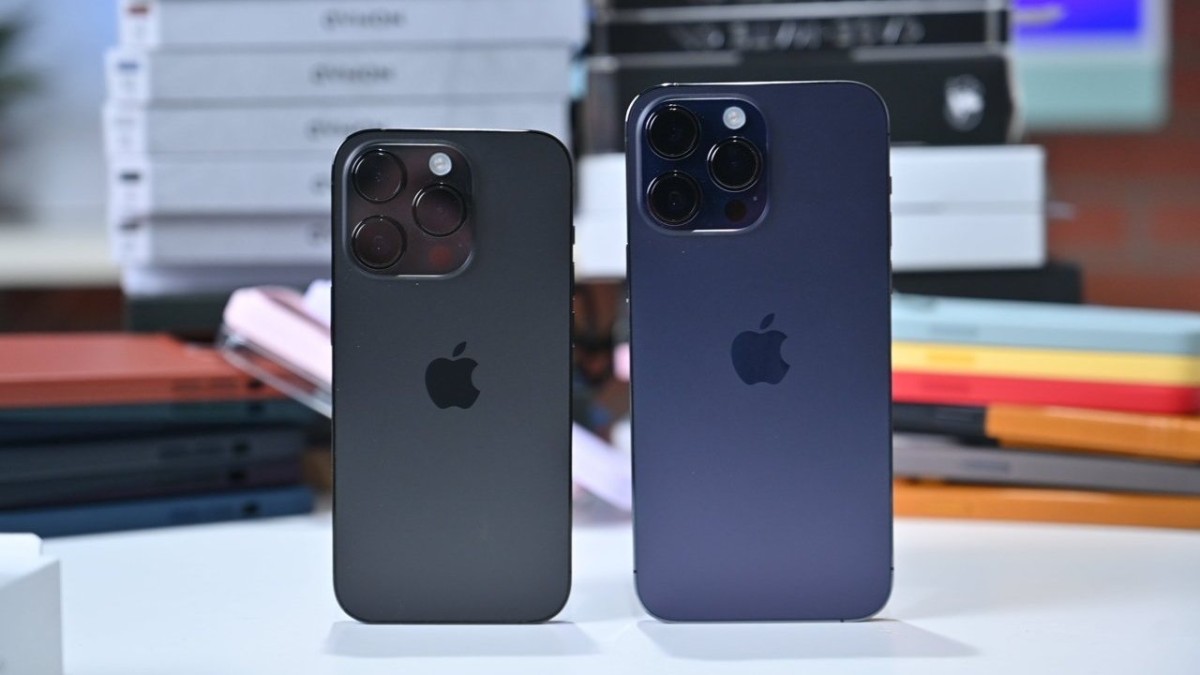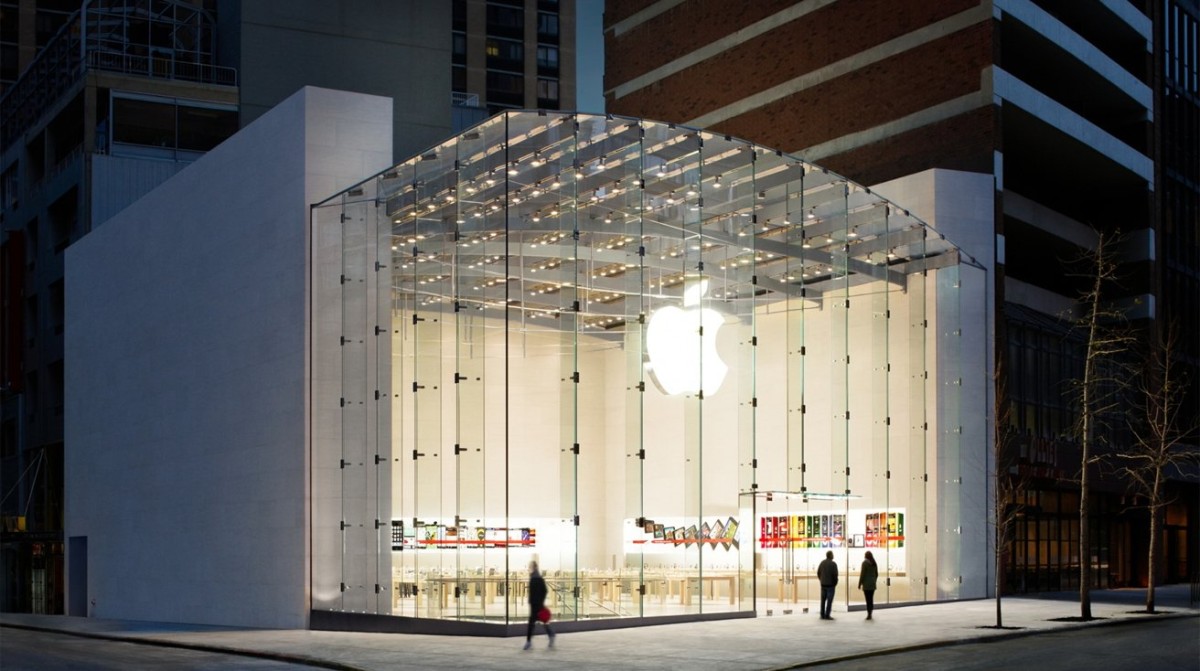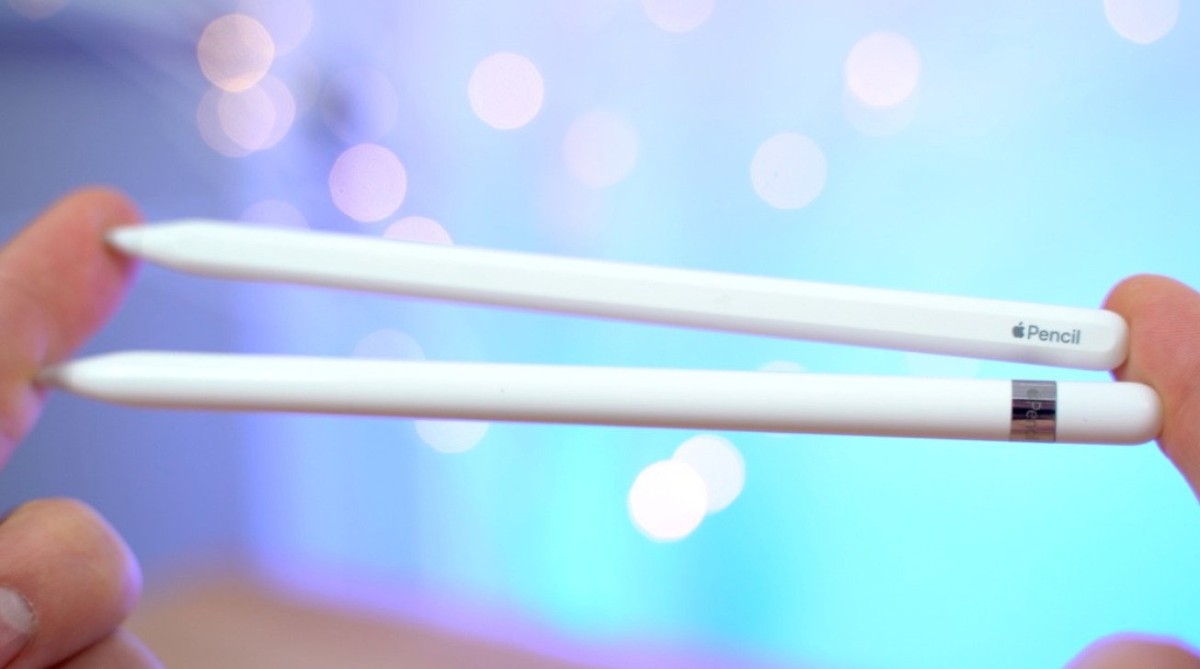Title: iPhone Sales Dip 10% as Market Dynamics Shift
Spot: Apple has experienced a notable decline in iPhone sales, dropping 10% in the first quarter of 2024, amidst steady performance from Samsung and growth from Chinese smartphone makers.
In a surprising turn of market dynamics, Apple's iPhone sales have seen a significant downturn, decreasing by over five million units in the first quarter of 2024 compared to the same period last year. This decline reflects a broader trend observed worldwide, contradicting earlier reports that suggested the slump was primarily confined to the Chinese market.
According to the latest data from International Data Corporation (IDC), Apple shipped 50.1 million iPhones in the first quarter, marking a 9.6% decline from the 55.4 million units shipped in Q1 2023. This decrease in sales is the most pronounced among major smartphone manufacturers, signaling potential challenges for Apple in maintaining its market share.
Samsung, on the other hand, has maintained a steady output, shipping 60.1 million smartphones in the same period, essentially unchanged year-on-year. Despite a slight decrease in market share from 22.5% to 20.8%, Samsung has managed to reassert itself at the forefront of the global smartphone market.
IDC's Ryan Reith noted, "While Apple captured the top spot at the end of 2023, Samsung successfully reasserted itself as the leading smartphone provider in the first quarter. Both companies are expected to continue dominating the high-end market, but they will face increasing competition from Chinese manufacturers."
The resurgence of Huawei in China, along with significant gains by other Chinese brands such as Xiaomi, Transsion, OPPO/OnePlus, and vivo, is reshaping the competitive landscape. These brands are not only capturing more market share but are also expanding their global footprint.
The shift in market dynamics comes as the smartphone industry starts to recover from several turbulent years, with local brands like Xiaomi and Transsion expected to continue their growth trajectory. Meanwhile, Samsung's stable performance positions it favorably against its competitors.
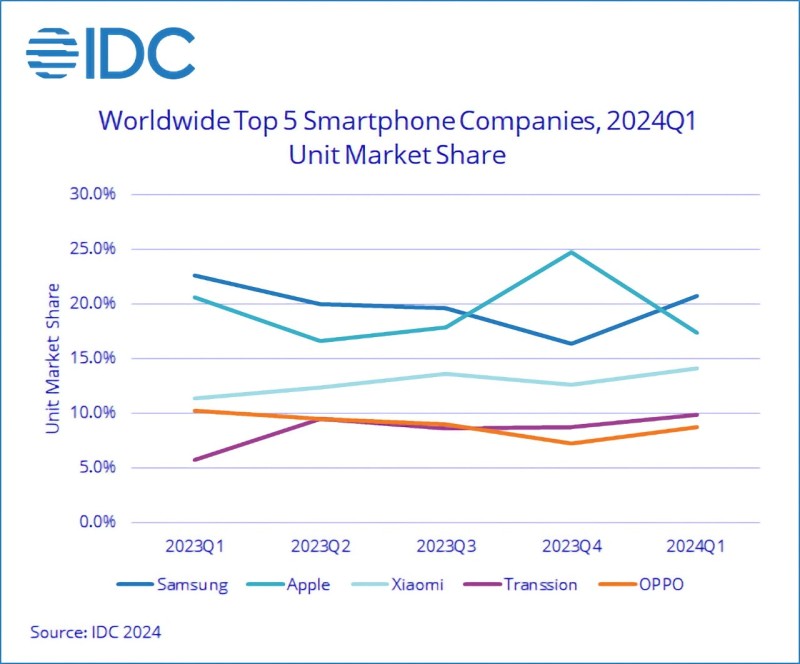
With new product launches typically timed differently—Apple in September and Samsung in the first quarter—seasonal fluctuations in sales figures are expected. However, the ongoing trends indicate a need for Apple to explore new strategies for market retention and growth amidst evolving competitive challenges.

